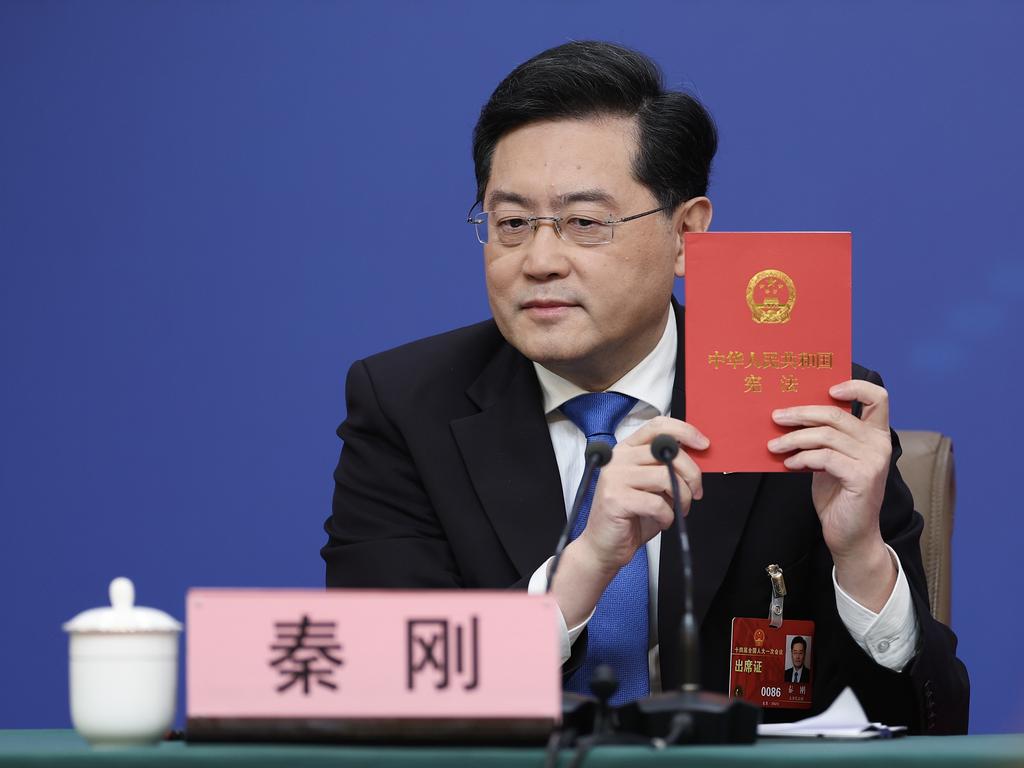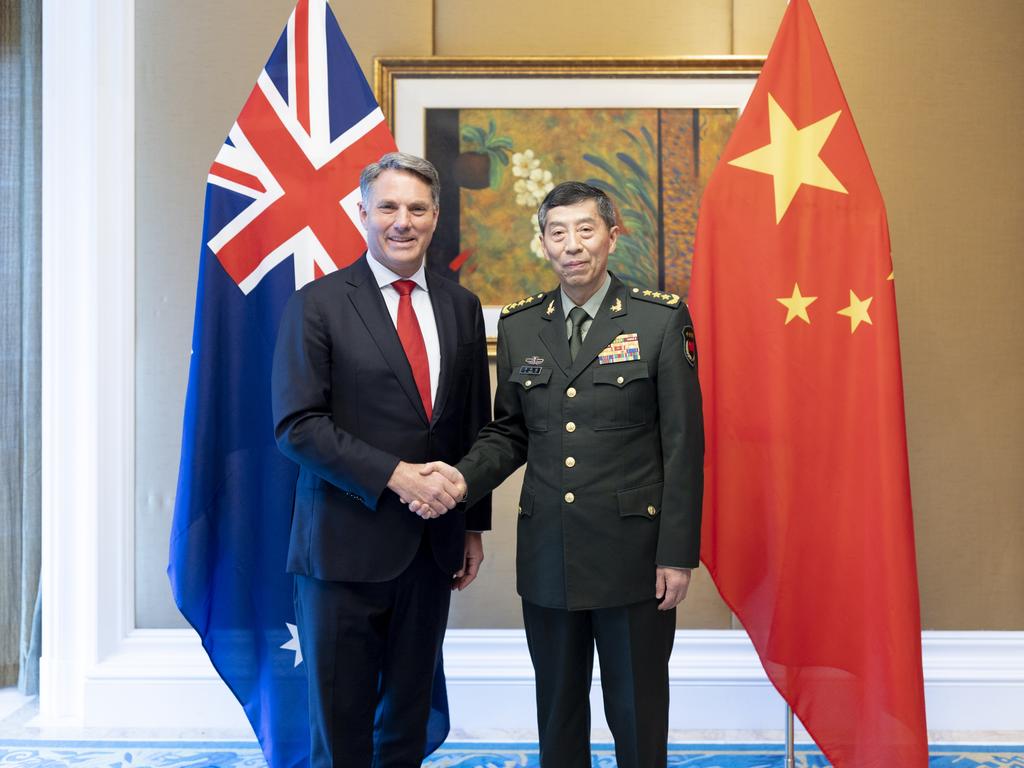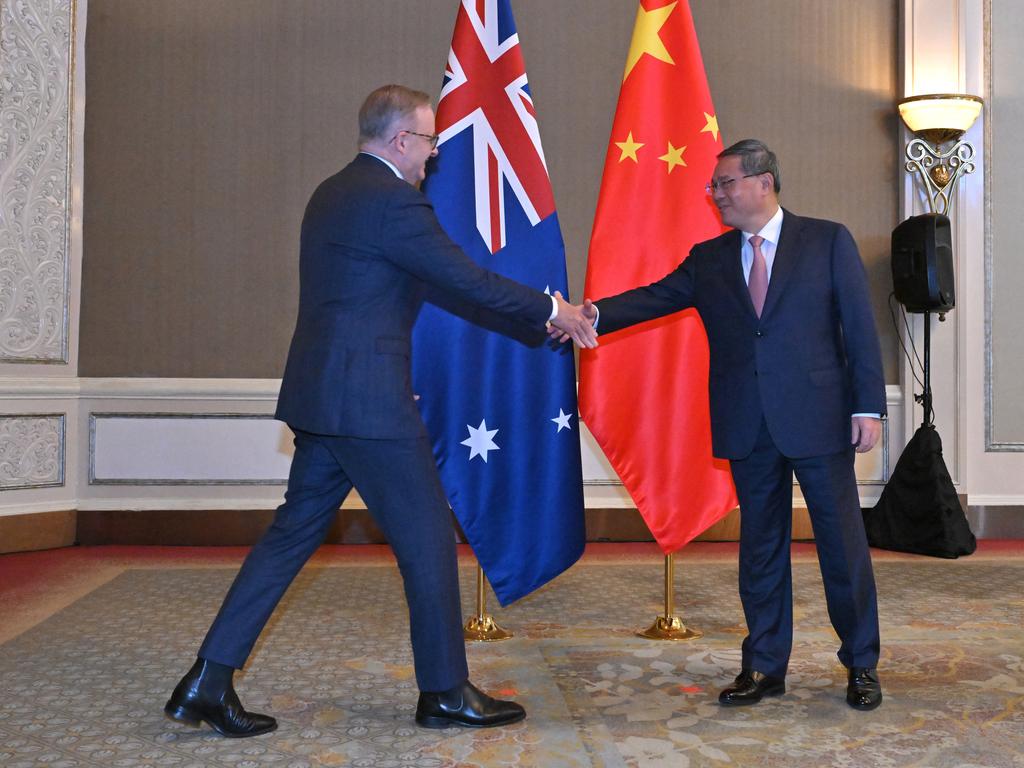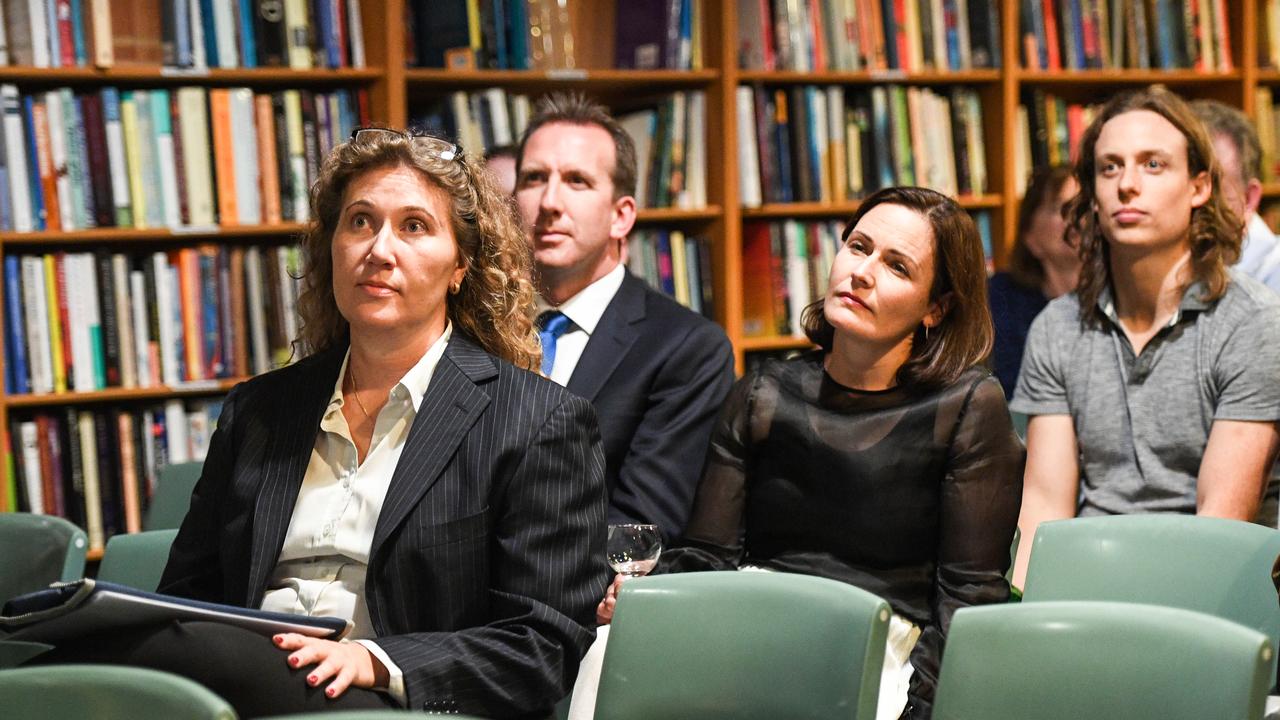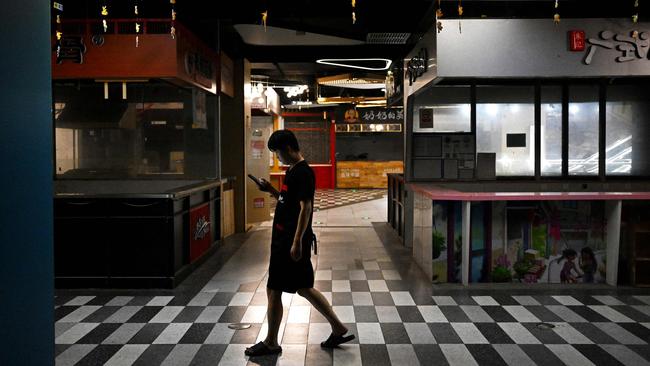
The shout echoed across a Beijing street: “Even if you can pay the rent they won’t allow you to live here!”
The woman’s advice was one of my more memorable experiences during a recent trip to China. I was in Guomao, Beijing’s CBD. The taxi driver who had dropped me there said I was the first foreigner he’d picked up since March. That didn’t surprise me. Walking among the city’s towers on my way to an appointment, I could see that, once again, there seemed to be no other foreigners around. It was a common occurrence during this four-day trip, my first to Beijing since the Winter Olympics last February.
Beijing has never been a cosmopolitan city since it was put under Communist Party management in 1949, but right now it feels more isolated than it has in decades.
“It’s like the early ’90s,” a member of Beijing’s business community told me over tea.
When I was based there as The Australian’s China correspondent in the first half of 2020, heads didn’t turn when I jogged around its magnificent imperial architecture. They do now.
Until this trip, no one in Beijing had ever bellowed at me out a car window about the difficulty of renting an apartment as a foreigner. The woman drove off before I could ask what had set her off, but it is not surprising the huge exodus of foreigners during the Covid era has had a profound effect.
Nine months after China reopened to the world, there are still hardly any foreign tourists and only a clutch of international students. The expat scene has been decimated – well over half of the Australian community has gone and they were already a small group. Many who remain think Xi Jinping’s government is happy with the change. “China for the Chinese,” one shrugged over drinks in Sanlitun, Beijing’s bar district.
Never in the 73-year-old history of the People’s Republic of China has the country had such ambition to, as their supreme leader puts it, “take centre stage in the world”. At the same time, the walls around fortress Beijing keep getting higher and wider.
The walls are particularly high for some of us. As a journalist, I was able to enter China only because I had been invited by the Australian government to be a delegate for the Australia-China High Level Dialogue. Even then, the terms were highly restricted. I was to fly in and out of Beijing and to stay for no more than four days, scuttling my plans for a cross-country trip.
How to catch a spy
The People’s Republic of China is some way from the anti-foreigner frenzies of the Mao era but the direction of travel is gloomy.
“There’s a sense of threat coming from outside,” says Australian Institute of International Affairs China Matters fellow Yun Jiang, who was recently in Beijing and Shanghai for a research project. “People are fearful about what’s outside of China.”
During the pandemic, international mail was doused in disinfectant and people were warned to wear gloves and masks when opening parcels. China’s customs declared Chilean cherries, Brazilian beef and Norwegian salmon sources of Covid spread, making even a visit to the supermarket seem scary. Now fears are stoked about Japanese seafood as Beijing rails against Tokyo’s release of water from the Fukushima nuclear power station.
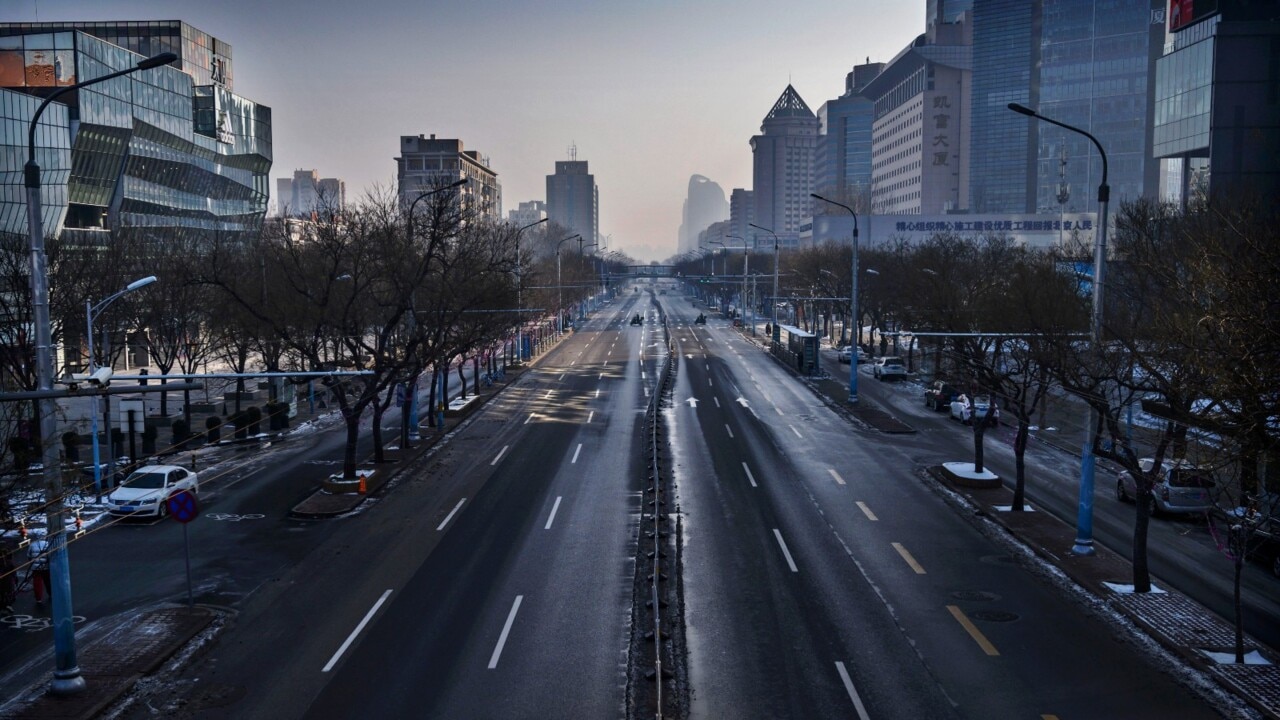
The propaganda machine also has ramped up a campaign about the need for domestic food security, which Xi has declared a top national priority. Television screens on the Beijing subway are programmed with what is intended to be a stirring broadcast about how the country, “learning from party congress”, has become self-sufficient in eggs. All foreign links in the supply chain have been eliminated, the anchor says proudly.
More troubling is a new campaign by China’s powerful Ministry of State Security urging “all members of society” to join a national effort to catch foreign spies. Since it opened a WeChat account last month, the MSS has posted nearly daily exhortations, instructing citizens to protect themselves from a dangerous world.
Many Chinese students have returned to university in recent weeks to find a new addition to their syllabuses: courses in how to catch a spy. It’s another ominous development for the shrinking cohort of international students studying in the country.
A decade ago, there were almost 15,000 American students studying in China, according to US State Department figures. In the most recent academic year that was down to 350. The Australian Department of Foreign Affairs and Trade tells Inquirer it does not collect similar numbers of Australian students studying in China, but anecdotal evidence suggests it has been similarly precipitous.
Sweeping new anti-espionage laws and the Chinese security state’s enthusiasm for using them have spooked many in the multinational business community. High-profile national security raids on the Shanghai and Beijing offices of international consultancies have been conducted at the same time as Xi’s leadership team has declared China is “open for business”.
It is an unsettling brew. “At the top of a growing list of questions about the Chinese market is, what kind of relationship does China want to have with foreign enterprises,” the EU Chamber of Commerce in China asked this week in its annual position paper.
Many Chinese are similarly troubled. “People don’t have high confidence for their future,” Jiang says. “They’re worried about China’s economy and the direction of the country.”
‘A new order’
For some, there has never been a better time to visit China. You see it as soon as you arrive in Beijing Capital International Airport, where hosts hold up signs welcoming visitors from various Belt and Road Initiative partner countries – in Africa, the Middle East, central Asia and beyond – who are visiting to participate in an array of Chinese government-paid programs and scholarships.
The same cohort appears to be the main foreign customers at Beijing’s five-star hotels. Once the Beijing Grand Hyatt and Shangri-La bustled with American, French and German multinational executives. Not any more.
Beijing has become a much less hospitable place for Australians and people from other wealthy countries with fractious relations with China, but at the same time the Chinese government is making strides with much of the rest of the world.
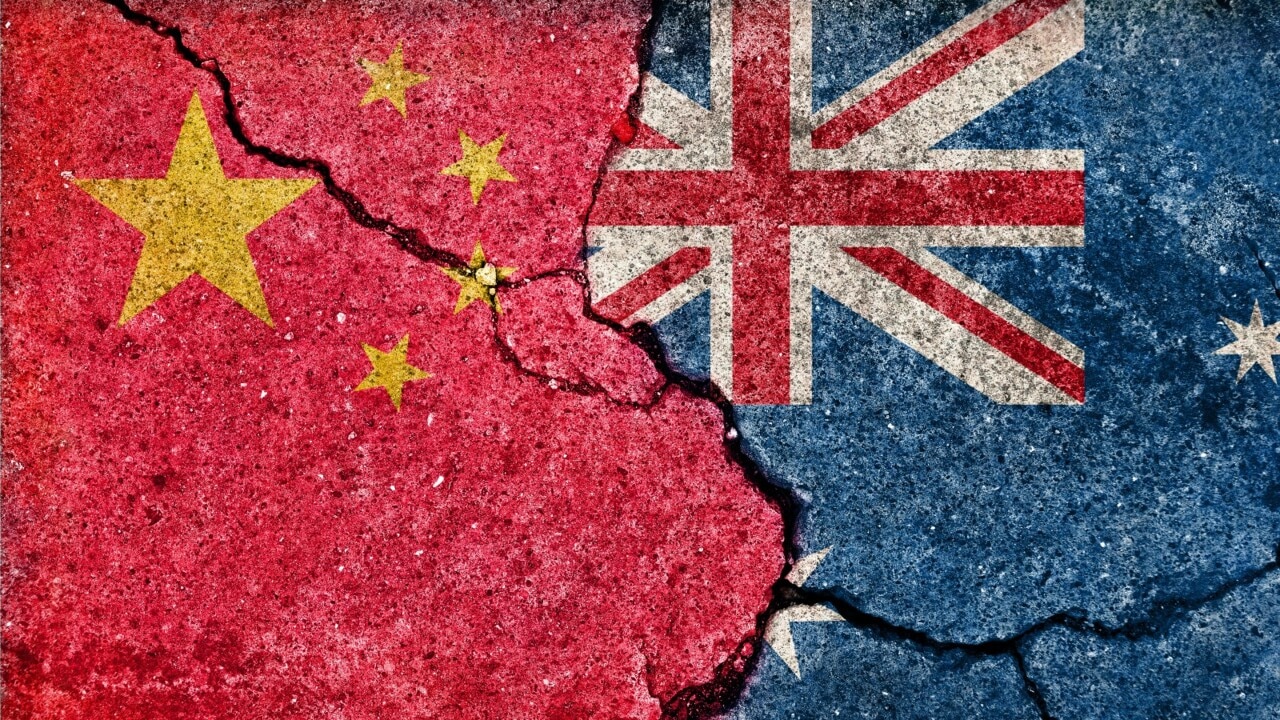
During a visit to the 2023 China International Fair for Trade in Services, held in Beijing’s far west, I came across the “Colourful World” exhibition. The customers were all Chinese, but the stalls were staffed mostly by representatives from 33 countries that had signed on to Xi’s banner foreign policy. One from Iran sold rugs; another from Azerbaijan sold artwork. Staff from Mongolia and Ghana performed an ethnic dance on an elevated stage. If you scanned a QR code, you could send a postcard to any of these Belt and Road countries and wish them well.
It was a warm-up for next month when Xi will celebrate the BRI’s 10th anniversary at a ceremony in Beijing. China’s foreign ministry said this week that representatives from more than 110 countries had confirmed their attendance. Guests of honour will include Vladimir Putin.
“It’s a new order,” observes Lowy Institute senior fellow Richard McGregor, who was also recently in Beijing as a delegate for the Australia-China High Level Dialogue.
“China has moved on from the West – or at least they like to think they have.”
After the Colourful World exhibition, I visited the education stalls at the same cavernous trade show. They were filled with private schools with names such as “Eton Kids”. Many advertised the success of their graduates at being accepted in overseas universities, including members of Australia’s Group of Eight and others in the US and Britain. The stall was well trafficked with ambitious parents. A neighbouring stand advertised a joint Russian-Chinese university. It was completely empty.
Xi has made his world view abundantly clear – but you don’t need to be in China long to hear just how many people have their own ideas about how they want to engage with the world.


